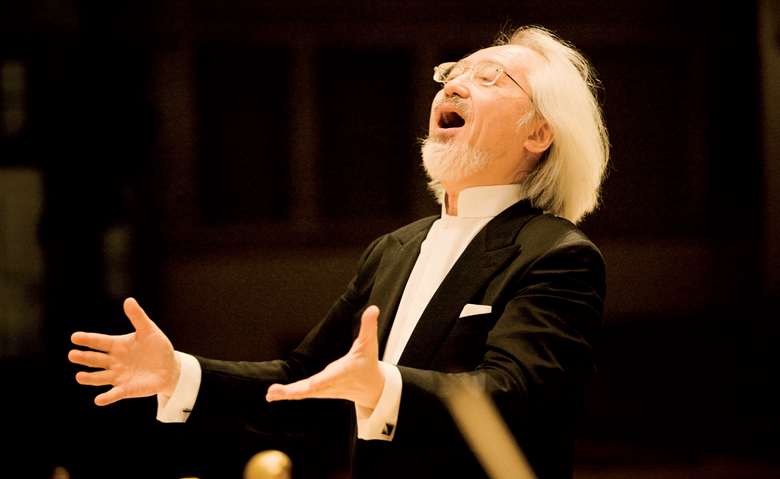David Hill In conversation with…Masaaki Suzuki, Founder-director of Bach Collegium Japan
David Hill
Thursday, March 2, 2023
'It's a pity organists can so often seem isolated from the wider musical world'

© MARCO BORGGREVE
Register now to continue reading
This article is from Choir & Organ. Don’t miss out on our dedicated coverage of the choir and organ worlds. Register today to enjoy the following benefits:
- Free access to 3 subscriber-only articles per month
- Newly-commissioned sheet music to download from our New Music series
- Unlimited access to Choir & Organ's news pages
- Monthly newsletter






